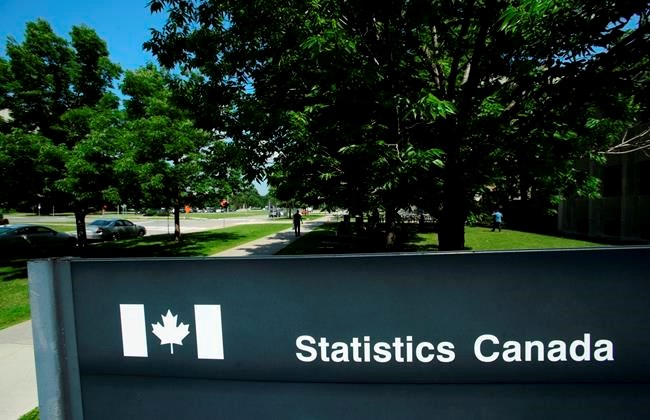More than half of Canadians with disabilities who participated in a crowdsourced survey are struggling to make ends meet because of the financial fallout of the COVID-19 crisis, a new report suggests.
Statistics Canada published findings on Thursday gathered from approximately 13,000 Canadians with long-term conditions or disabilities who voluntarily filled out an online questionnaire between June 3 and July 23.
Unlike most of the agency's studies, the survey wasn't randomly sampled and therefore isn't statistically representative of the Canadian population.
The responses indicate the pandemic has affected the ability of 61 per cent of participants age 15 to 64 to fulfil at least one financial obligation or essential need, including housing payments, basic utilities and prescription medication.
Forty-four per cent of respondents reported concerns about paying for groceries, while 40 per cent were worried about the costs of personal protective equipment.
Nearly one-third of participants said their overall household income has declined since lockdown began. More than half of this group reported losses greater than $1,000 a month.
Of those who were employed prior to the pandemic, 36 per cent said they were laid off or saw their hours cut.
Almost half of participants said they've relied solely on non-employment income in the months since the outbreak hit. The most common sources were disability assistance and pandemic-related income supports such as the Canada Emergency Response Benefit.
Michael Prince, a professor of social policy at the University of Victoria, said the survey only begins to "scratch the surface" of the potential long-term financial repercussions of the pandemic for people with disabilities.
He noted that the survey found young people were more likely to likely to have seen employment changes than other age groups, possibly permanently severing their ties to the workforce.
"There's some concern that people with disabilities may be some of the last rehired," Prince said.
A 2017 study by Statistics Canada found that people with disabilities were more likely to live below the poverty line, and those who are employed tend to earn less than their counterparts without disabilities.
The authors of Thursday's report raised concerns that financial losses linked to the pandemic could put many people with disabilities in an even more vulnerable position.
Earlier this week, the parliamentary budget office reported that Ottawa is spending $792 million on a one-time payment of up to $600 to help 1.67 million people with disabilities.
Kyle Vose, agency co-chair of the ODSP Action Coalition, noted that many Canadians with disabilities don't qualify for the payment, and for those that do, the sum is a pittance compared to the extra costs linked to COVID-19.
"We're people with disabilities, so we're used to not getting anything," Vose said. "We're just hoping for something."
Before the pandemic, Vose said, lots of people on the Ontario Disability Support Program were barely scraping by.
Now, Vose said, many are "falling through the cracks" as the prices of essentials such as food, medication and transportation have gone up, and services to support low-income people have been cut back.
Most Canadians are struggling during the pandemic, he said, but for people with disabilities, those burdens are often compounded by accessibility issues that can make meeting basic needs more difficult, and often, more expensive.
"There's got to be some sort of understanding here, and there doesn't seem to ever be that understanding."
This report by The Canadian Press was first published Aug. 27, 2020.
Adina Bresge, The Canadian Press


